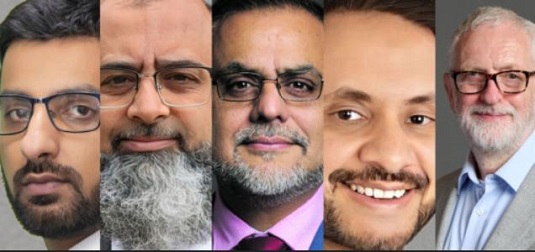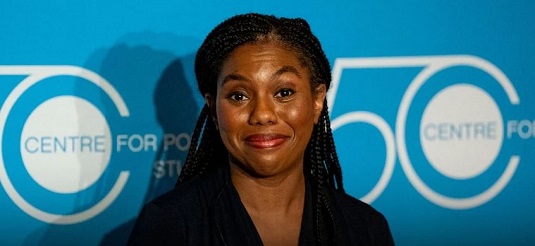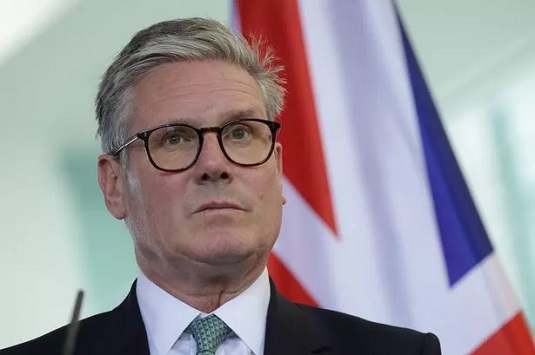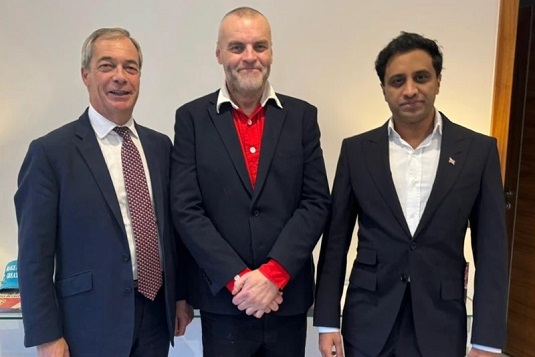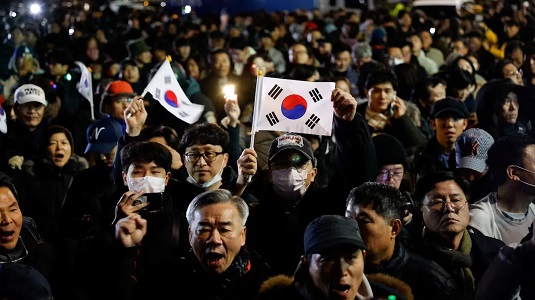
Party
|
Number of Candidates
|
Total Vote
|
%
|
+/- Nov
|
+/- Dec 23
|
Avge/
Contest |
+/-
Seats |
Conservative
|
15
| 5,894 |
22.1%
| -0.5 |
-12.3
|
393
|
+3
|
Labour
|
15
| 6,502 |
24.4%
| -0.3 |
+8.7
| 433
|
-4
|
Lib Dem
|
14
| 4,445
|
16.7%
| -1.7 |
-24.2
|
318
|
0
|
Reform*
|
11
| 4,192
|
15.7%
| +5.6 |
+15.5
|
381
|
+2
|
Green
|
11
| 1,883
|
7.1%
| +0.6
|
+0.6
|
171
|
0
|
SNP**
|
2
| 1,712 |
6.4%
| -6.2 |
+6.4
| 856
|
0
|
PC***
|
1
| 88 |
0.3%
| +0.3 |
+0.3
|
88
|
0
|
Ind****
|
14
| 1,489 |
5.6%
|
+4.3
|
106
|
-1
| |
Other*****
|
2
|
1.6%
| -0.2 |
+1.6
|
211
|
0 |
* Reform's comparison results are based on recomputing their tallies from last year's Others
** There were two by-elections in Scotland
*** There was one by-election in Wales
**** There were four Independent clashes
***** Others this month consisted of Propel (305) and the SDP (116). The comparison figures from last year have been recomputed minus Reform's contribution.
The golden age of dozens and dozens of by-elections per month are now over, but that makes no difference to Labour's woes. Losing more than half of the seats being defended is not a good look, especially when the reactionary pairing of the Tories and Reform are helping themselves. Very few thought Labour's performance at the ballot box would nosedive so quickly after July, but that was before Winter Fuel, freebiegate, and all the rest. And it's the troops in local government who are ponying up the political price in the first instance. You don't need to wear tin foil hats to see the cancellation of some council elections this May because of the local governmentt reorganisation as a touch suss.
The Tories probably can't believe their luck as they come out on top yet again. But the results are a warning for them too. Despite getting more seats, they dropped greater vote share and the beneficiaries of that were Reform. Indeed, the votes per candidate average sis a creditable performance for the challenger party and how they are closing in on the Conservatives, which might be bad news in a general election scenario. A widespread Reform challenge five years from now makes it harder for the Tories to recover lost seats, unless some sort of deal is cut. On the wider ramifications and what kind of threat Farage presents Labour is something I'll look at in the quarterly round up.
January wil be an anomaly as there are more than a handful of by-elections scheduled. I cannot see the results being much different to those closing off 2024.
5 December
Cardiff, Splott, Lab hold
Fylde, Kilgrimol, Con gain from Ind
Glasgow, Partick East/Kelvindale, Lab gain from SNP
South Oxfordshire, Cholsey, LDem hold
Stirling, Stirling East, SNP gain from Lab
Wokingham, Shinfield, Con gain from Lab
12 December
Barnsley, Dodworth, LDem hold
Chelmsford, South Hanningfield, Stock and Margaretting, Con hold
Essex, Stock, Con hold
Runnymede, Ottershaw, Ind hold
St Helens, Blackbrook, Ref gain from Lab
Wakefield, Featherstone, Lab hold
19 December
City of London, Bassishaw, Ind hold
City of London, Billingsgate, Ind hold
City of London, Broad Street, Ind hold
Dudley, Brockmoor & Pensnett, Con gain from Lab
Greenwich, West Thamesmead, Lab hold
Swale, Milton Regis, Ref gain from Lab
Image Credit

